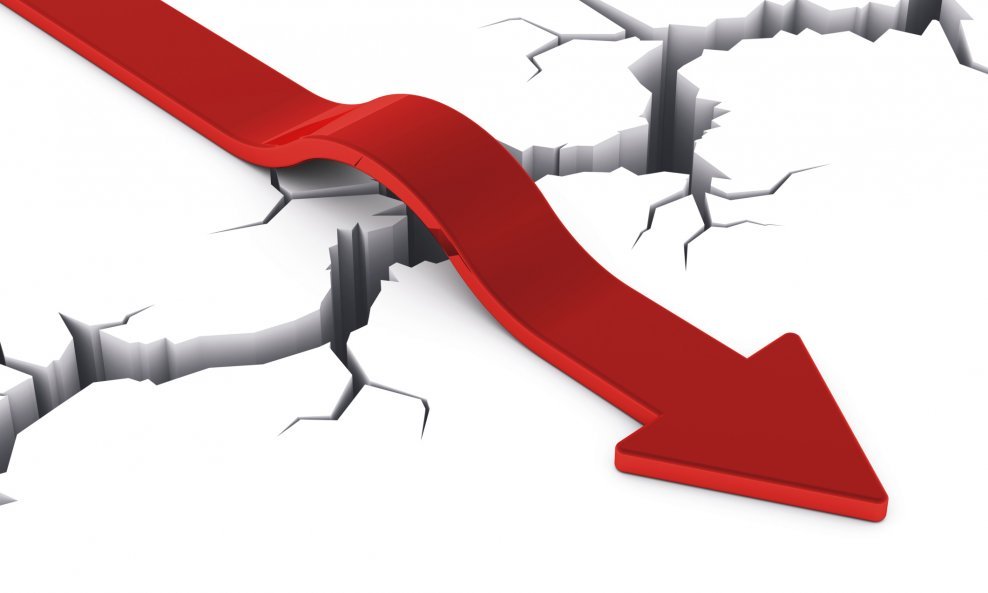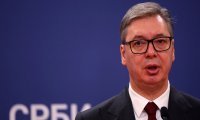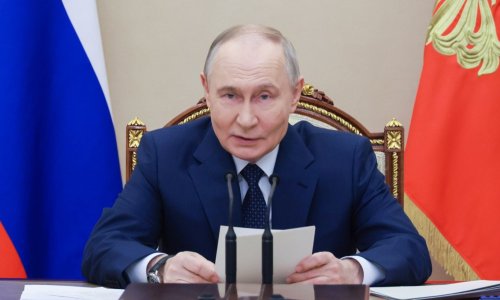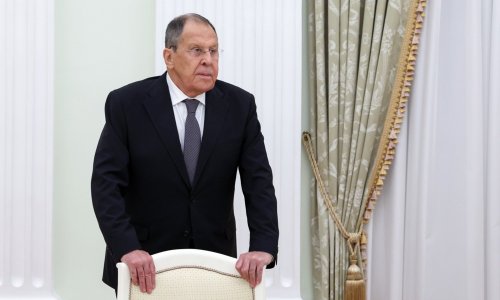Unfavourable trends were stopped in the first quarter but available monthly data for the beginning of Q2 still do not show any clear indications of economic recovery, the Croatian National Bank (HNB) says in June's bulletin on economic trends which was released on Wednesday.
The State Bureau of Statistics says real economic activity in Q1 contracted 1.5 per cent on the year and stagnated in comparison to the preceding quarter, the bulletin says.
The first quarter of this year saw a stagnation of economic activity, a strengthening of domestic demand, mainly because of stronger government spending, and a relatively steep export decline. Administrative unemployment was a high 20.4 per cent, circumstances on the labour market remained unfavourable and inflation pressures remained muted.
After a stagnation in Q1, industrial output plummeted in April.
On the other hand, April saw a growth in lending to companies and a decline in interest rates on short term loans. May saw a noticeable reduction in companies' negative expectations. Consumer expectations are also less negative than before.
Retail trade rose in March but the average level in Q1 stagnated.
Central bank analysts say that after three consecutive quarters of decline, the trade deficit in Q1 went up 25 per cent from the previous quarter, resulting from a 12.9% decline in exports and a 0.5% decline in imports.
The year-on-year change in consumer prices slowed down for the third consecutive month to 3.3% in April.
Croatia's risk perception mildly deteriorated, recording the highest risk premium among comparable countries.
In April, lending increased considerably (HRK 2.3 billion), excluding the central government, mainly due to a HRK 1.8 billion growth in lending to the business sector. Lending at the end of April was up 0.8% on the year.
The bulletin says that according to preliminary finance ministry figures, central government revenues in Q1 were down 0.8% on the year as a result of lower revenues from social contributions, while tax revenues mildly rose.
Central government expenditures went up 4.9%, mainly due to expenses for aid to farmers, health care and pensions.
The government's capital investments strongly went up, making the central government's fiscal deficit in Q1 HRK 5.8 billion, nearly 40% of the deficit envisaged for 2013, up HRK 1.6 billion from Q1 2012.
The deficit was financed through borrowing, raising the central government's debt by HRK 5.2 billion to HRK 180.7 billion at the end of March.


































